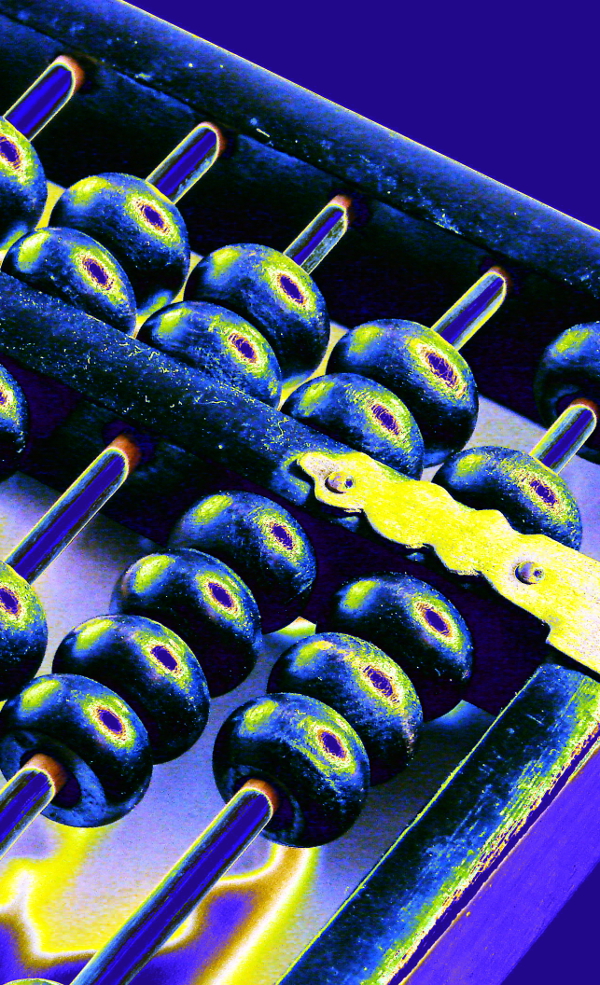Virtual link to vital studies sees science going rural
 Queensland experts are helping more young minds get an insight into the endless possibilities of a career in maths and science.
Queensland experts are helping more young minds get an insight into the endless possibilities of a career in maths and science.
A new Regional Universities Network (RUN) project is demonstrating new ways to bring maths and science teaching into rural and regional classrooms.
RUN, in collaboration with the University of Southern Queensland (USQ), has launched the RUN Maths and Science Digital Classroom.
The virtual classroom is designed to inspire year 9 and 10 students to engage with maths and science, and motivate them to undertake further studies in years 11 and 12.
The RUN Maths and Science Digital Classroom project is multifaceted – targeting students and teachers.
“More than 500 high school students have participated in learning sessions provided by RUN universities,” USQ’s Professor Mike Keppell said.
“Here at USQ, ‘Spaceship Earth’ has taken local students on a journey to explore aspects of the known universe and investigate stars and planets in the Milky Way.
“The course is designed to help students understand our planet’s place in the immensity of space – a fascinating topic and a fine example of where a career in maths and science can take you.
“Other RUN universities have held sessions on radiography, climate change, humpback whales, smart farming and cheese making.
“In addition to these sessions, more than 400 high school teachers have taken part in in professional development within the project.”
Executive Director of RUN, Dr Caroline Perkins, said the latest project was a virtual space dedicated to maths and science.
“Understanding maths and science is crucial for a range of careers important to regional Australia, and, more broadly, the nation,” Dr Perkins said.
“Schools in regional Australia struggle to maintain equivalent educational standards in maths and science as compared to those in metropolitan areas.
“The project is capturing the imagination of regional students through exciting and relevant case studies.
“We hope that the classroom will make a difference to the understanding of maths and science by regional students.
“Perhaps it will inspire some to study these subjects at university and become professionals in relevant fields.”








 Print
Print